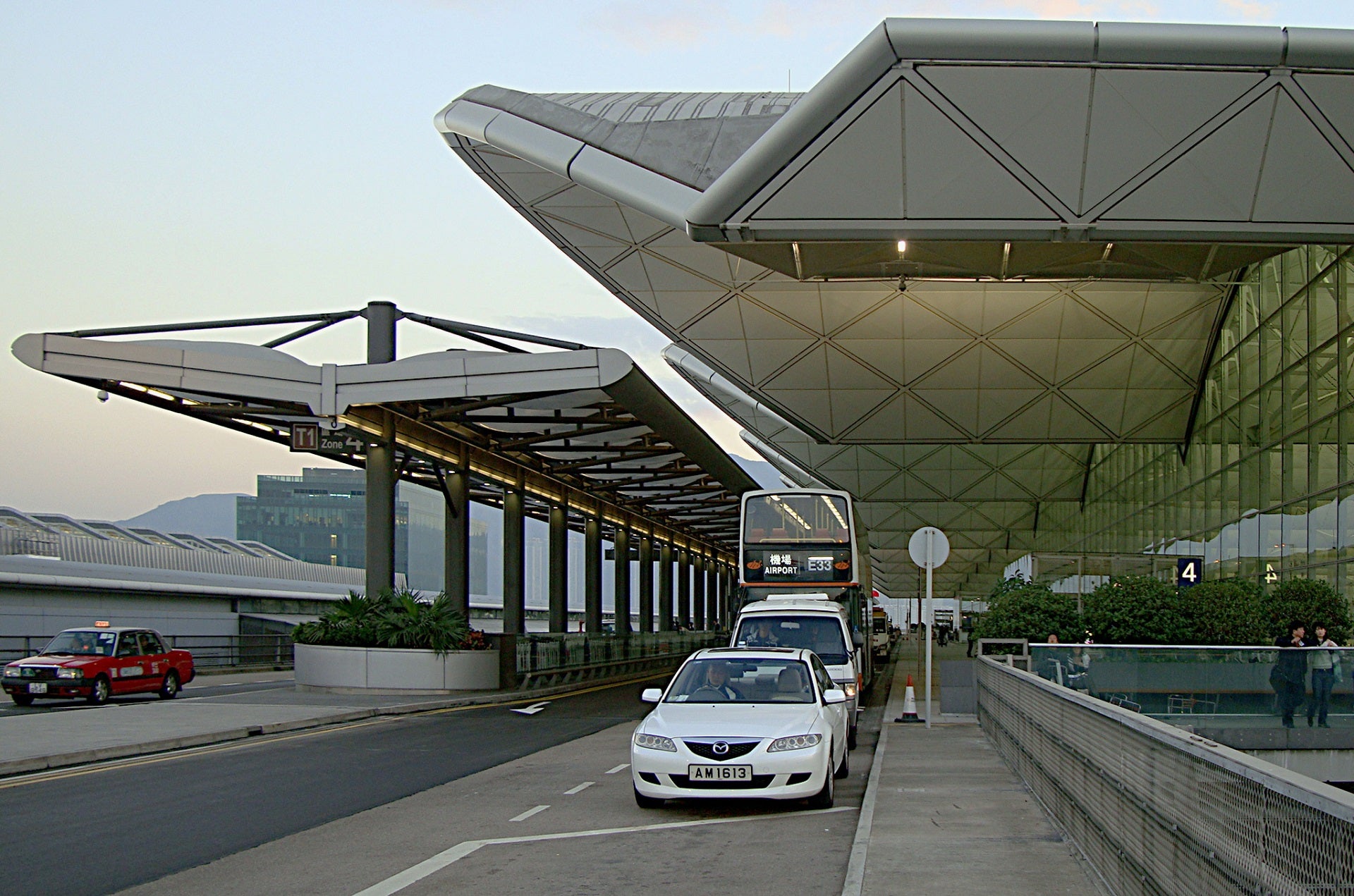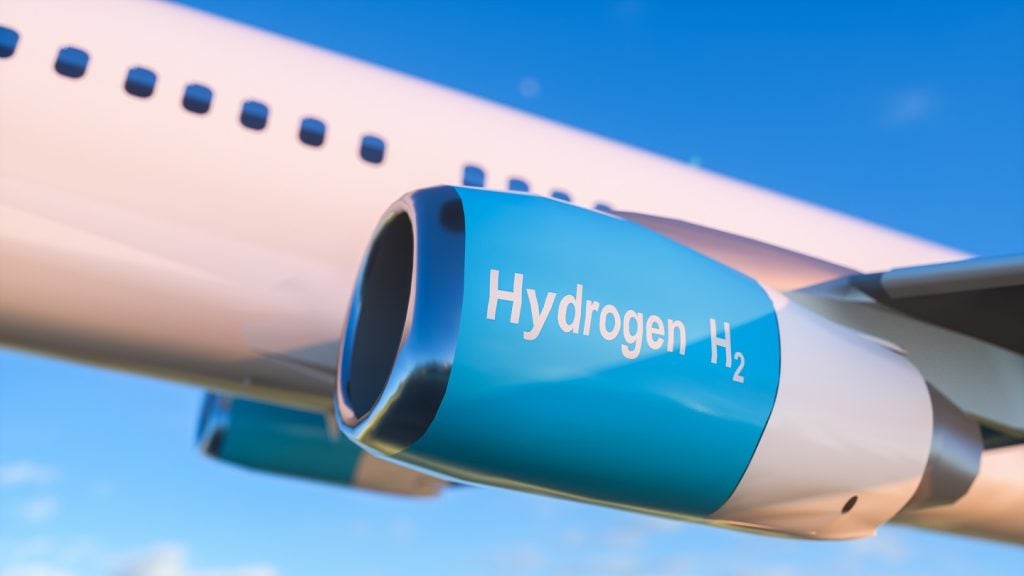
The Hong Kong authorities have announced the suspension of flights from India, Pakistan and the Philippines for 14 days starting from 20 April.
The latest move comes after a local N501Y mutant Covid-19 strain case has been detected in the Asian financial hub.
Passengers who have also stayed in these three countries for more than two hours even in transit for a flight to Hong Kong in the past 21 days were also restricted from entering the region for 14 days.
As there had been multiple imported cases in Hong Kong in the past 14 days, the three countries have been classified as ‘extremely high-risk’.
Hong Kong reported 30 new Covid-19 cases on Sunday, of which 29 were imported, which is marked as the highest daily toll since 15 March. The city has recorded more than 11,600 cases and 209 deaths until 18 March.
The local authorities have urged residents of the region to get vaccinated for Covid-19. Channelnewsasia.com reported that only nearly 9% of Hong Kong’s 7.5 million residents are vaccinated until now.
How well do you really know your competitors?
Access the most comprehensive Company Profiles on the market, powered by GlobalData. Save hours of research. Gain competitive edge.

Thank you!
Your download email will arrive shortly
Not ready to buy yet? Download a free sample
We are confident about the unique quality of our Company Profiles. However, we want you to make the most beneficial decision for your business, so we offer a free sample that you can download by submitting the below form
By GlobalDataThe airlines impacted by this ban on travellers from the three countries include Cathay Pacific, Vistara, Hong Kong Airlines and Cebu Pacific.
Airport Authority Hong Kong’s traffic statistics released in March show that Hong Kong International Airport (HKIA) handled 58,000 passengers and 10,620 flights, representing a year-on-year (YOY) decrease of 89.9% in passengers and 12.5% in flights while cargo traffic increased by 4.9% to 397,000t.
HKIA has handled 176,000 passengers and 30,475 flights over the first three months of 2021, which marks a 97.8% YOY decrease and 51.9%, respectively, while cargo had seen a YOY increase of 13% to 1.1 million tonnes (Mt).







